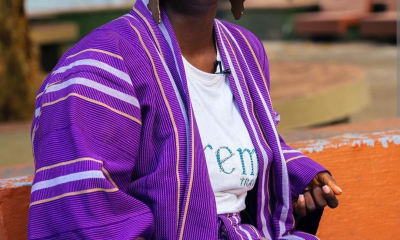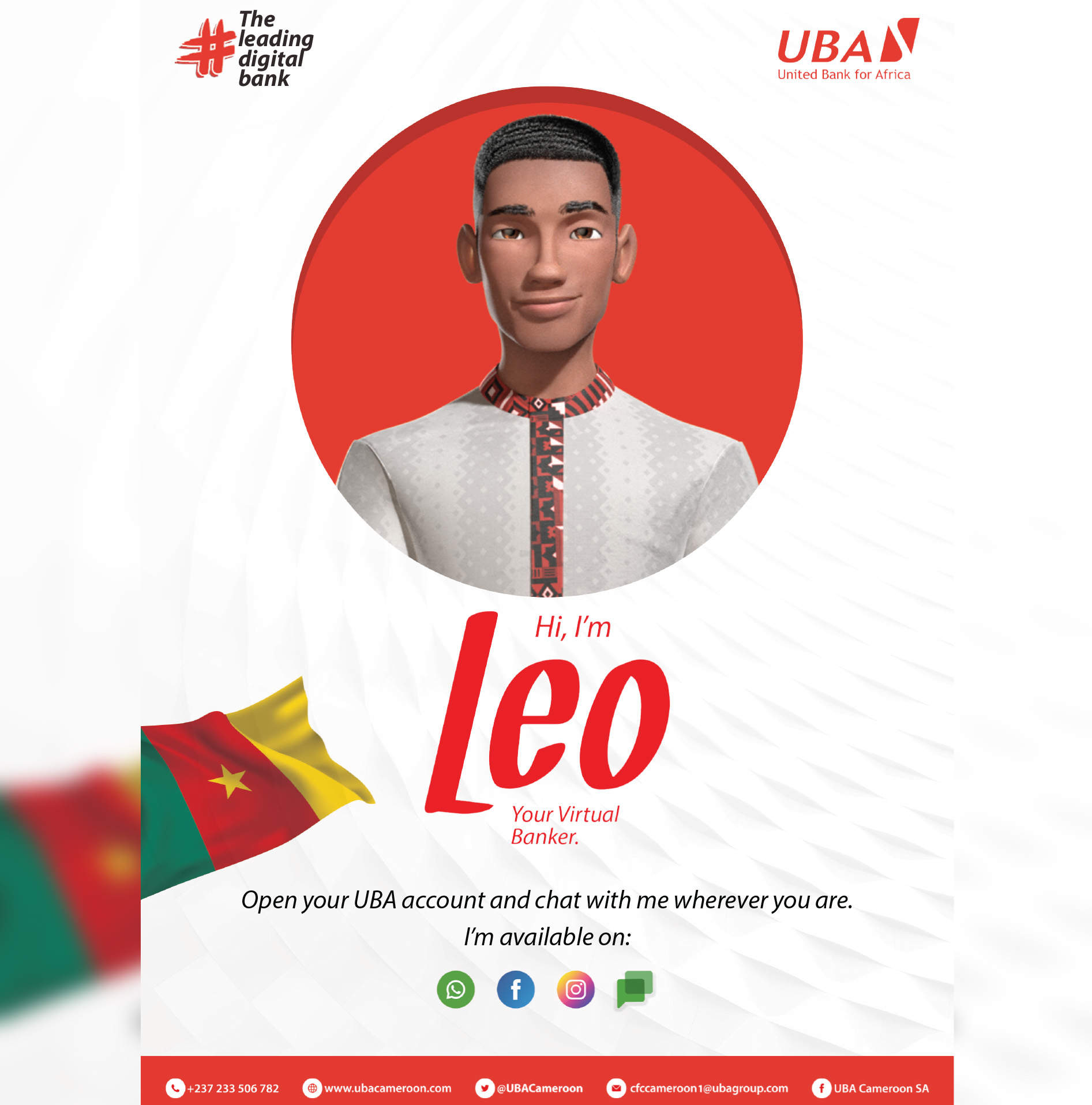Standing in the drizzle outside the Tunis office of the International Organization for Migration, Saffiatu Mansaray is staring down at her swollen stomach.
On the other side of the alley, her husband works alongside other undocumented people, building a plastic-covered wooden shelter for refugees whose stay in Tunis is continuing with no end in sight.
The couple have come to Tunisia from Sierra Leone and are hoping to get to Europe. But the longer they remain stuck here, the more anxious Saffiatu, 32, is growing about her pregnancy.
“I am seven months gone,” she says, one hand resting protectively on her belly. “I have been here since February.”
Before embarking on a journey she knew could be lethal, she left two children in Sierra Leone’s capital, Freetown, with an aunt. The memory is still fresh in her mind.
Saffiatu and her husband have found other difficulties in Tunisia. They were living in the port city of Sfax until a couple of months ago when the police came for them. She’s not sure when that was exactly.
“The police catch us and take us to the desert,” she says. “They will come again.”
That was the second time Saffiatu found herself on the Tunisian-Algerian border after crossing from Sierra Leone, which she left with her husband in November.
This time, she, her husband and the others who were herded onto a bus by the Tunisian security services in Sfax found themselves alone and vulnerable to gangs of “bad boys” she says operate in the forest near Tunisia’s northern border with Algeria. These gangs prey on refugees, asylum seekers and migrants, stealing their phones and any money or valuables they have with them.
“We walked back by foot [from the Algerian border]. Some people die. Some people get sick,” she says with a passive shrug. She describes how the group was later intercepted on their journey by the police before being returned to the border. “I got sick,” she says. “I had pains all over, under my stomach. This was three weeks ago. It was cold.”
Saffiatu’s parents still live in Freetown. Her father, who is 70, is too frail to work in construction any longer. Saffiatu says she would like to send money back, but with no work available to her or her husband in Tunis and a baby on the way, there is none to spare. “I sit over there and beg. Every day I beg. I will tell them, ‘Mon ami, ca va?’ [‘How are you, my friend?’] Some people give me one dinar, some two dinars [33 or 65 United States cents]. So for the day, I survive.”
On the other side of the alley, a rough shelter is beginning to take shape. The wood has been salvaged from construction sites and repurposed pallets and is being wrapped in thick black plastic that those living in the cold alley have pooled their meagre resources to buy.
“If God grants me the wish, I will continue to Europe. There is no work for any of us here,” Saffiatu says. “Up until now, I see no doctor, no nurse, nothing. I just sit and hope.”
This article is the first of a five-part series of portraits of refugees from different countries, with diverse backgrounds, bound by shared fears and hopes as they enter 2024.
SOURCE: AL JAZEERA



 diplomacy3 semaines ago
diplomacy3 semaines ago


 News3 semaines ago
News3 semaines ago


 News3 semaines ago
News3 semaines ago


 News2 semaines ago
News2 semaines ago


 Features1 semaine ago
Features1 semaine ago


 Entertainment21 heures ago
Entertainment21 heures ago











